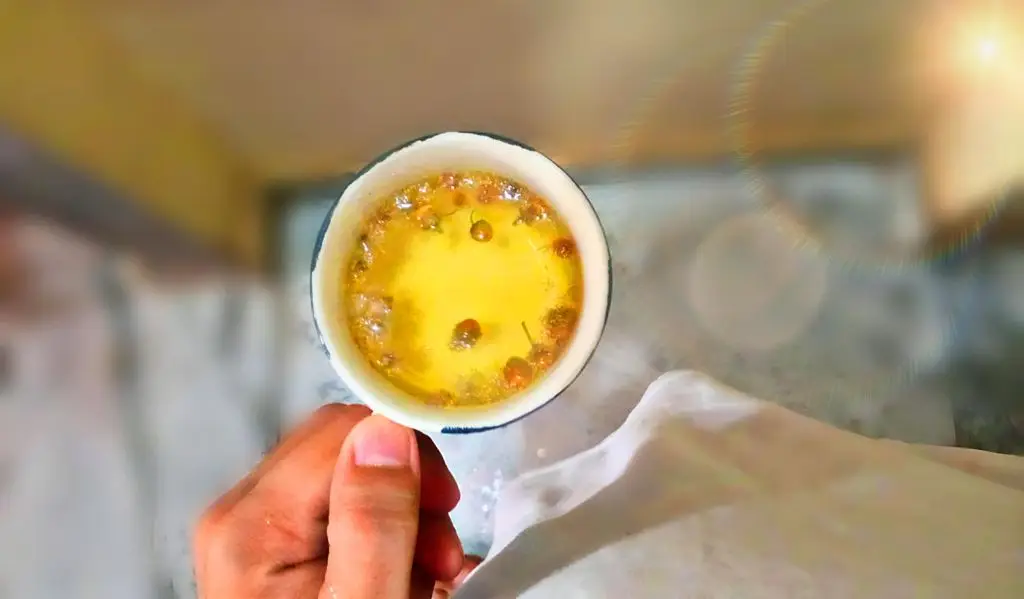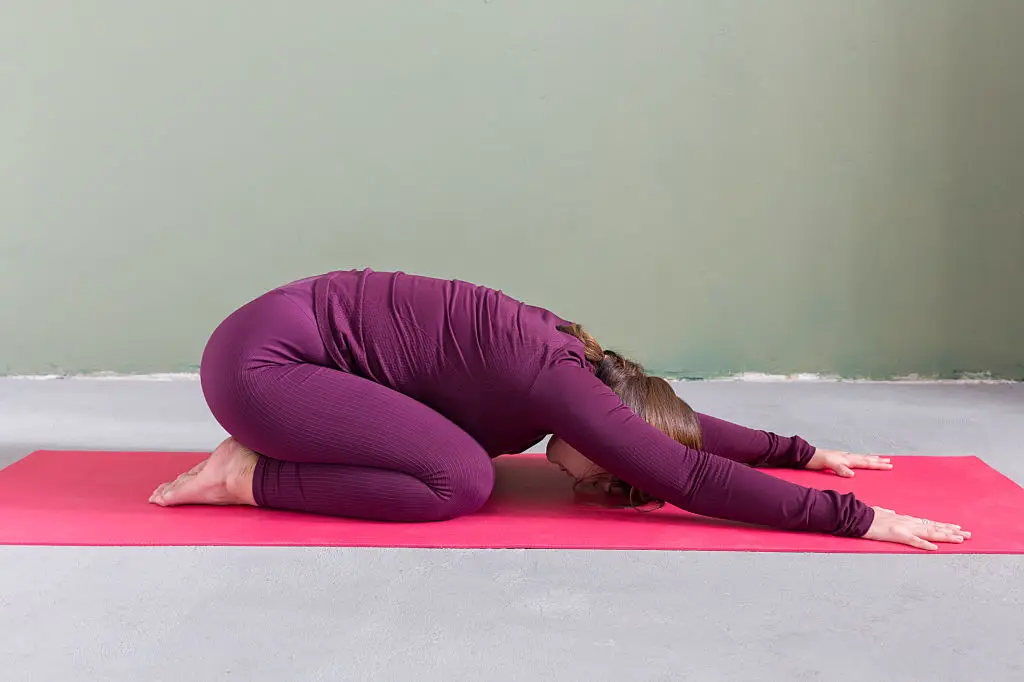9 Evening Rituals That Can Naturally Lower Your Cortisol and Improve Your Sleep Quality
3. Savor a Cortisol-Calming Herbal Drink

There’s a reason why bedtime teas have stood the test of time from Marrakesh to Mumbai. Gentle herbal infusions—think chamomile, mint, or even a creamy golden milk—can help signal to your body that stress time is over. Research links certain plants (like ashwagandha and turmeric in "moon milk") to lower levels of nighttime stress hormones and better sleep quality. Preparing a warm, caffeine-free drink is a ritual all its own. Steep a cup of chamomile or prepare warm milk blended with a pinch of turmeric and honey. For those taking medications, check with your healthcare provider about possible herb interactions. The key is not just the drink, but the pause it creates. Sit quietly, breathe in the soothing aroma, and let the warmth relax you from the inside out. If standing for long is tough, keep all your supplies within easy reach near a comfortable chair. Sipping slowly, you might notice your jaw relaxing and your breath slowing—a small but important cue to your nervous system that sleep is on the horizon.
4. Practice Gentle Movement or Stretching

Gentle movement can work wonders to release tension and bring down stress at the close of the day. While vigorous exercise too close to bedtime can spark alertness, simple yoga stretches, tai chi routines, or even a slow walk after dinner can help your body process the day and enter a state of restfulness. Cultures across the Mediterranean value the evening "passeggiata"—a social walk not for fitness, but for calm connection. If a walk isn’t practical, simple stretching (like reaching overhead, gentle twists, or rolling out tight shoulders) can be done from a bed, chair, or standing. The trick is to focus on how your body feels, not on intensity. For those with physical limitations, stretching fingers, wrists, or ankles delivers gentle benefits too. What matters most is showing up for your body. As joints loosen and muscles unwind, your mind tends to follow. This little bit of movement tells your body, "We're safe now," making it easier for those stress hormones to settle down by lights-out.
